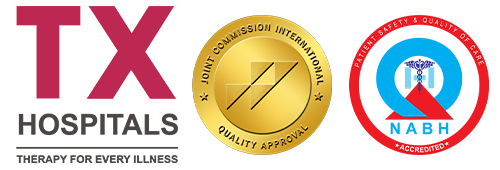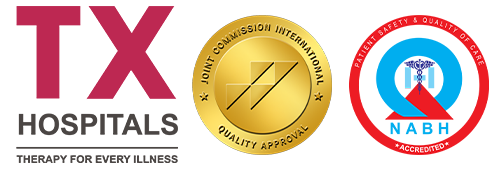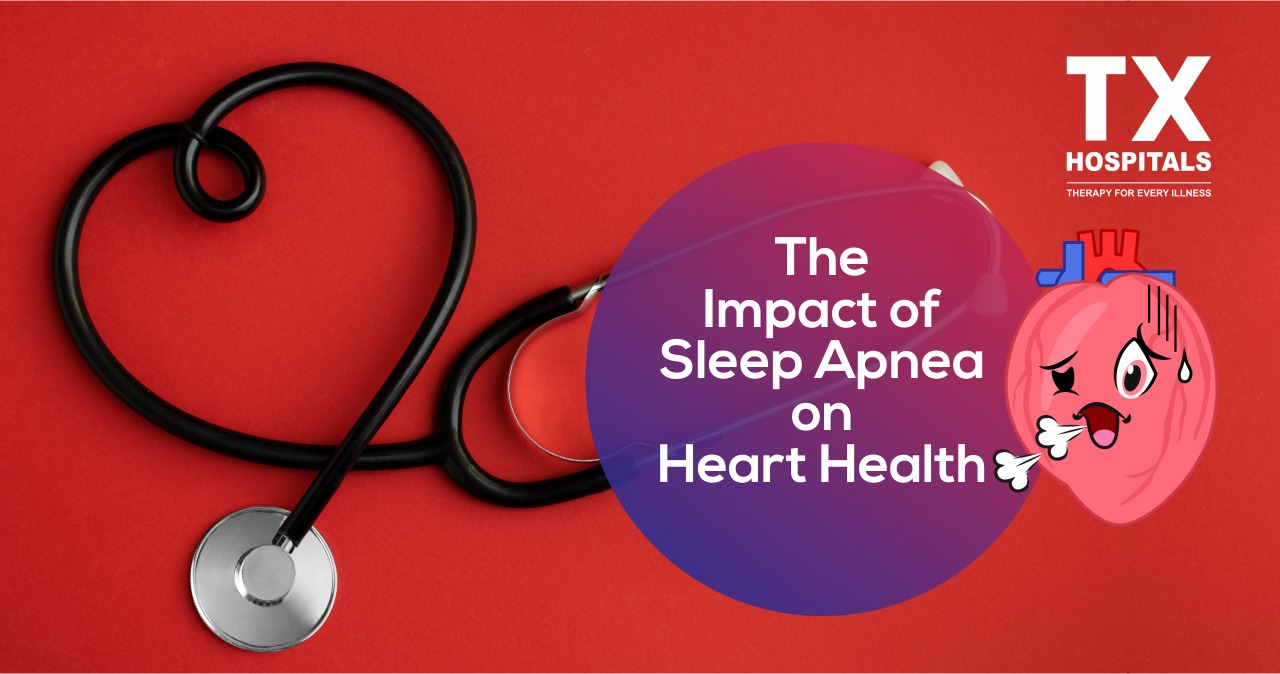Introduction
Sleep apnea is a common but often undiagnosed sleep disorder that affects millions of people worldwide. While it’s widely known for its disruptive effects on sleep quality, the impact of sleep apnea on heart health is less recognized. In this blog post, we’ll explore the relationship between sleep apnea and heart health, uncovering the potential risks it poses to your cardiovascular system and discussing strategies for better heart health in the presence of sleep apnea.
Understanding Sleep Apnea
What is Sleep Apnea?
- Define sleep apnea and its two main types: obstructive sleep apnea (OSA) and central sleep apnea (CSA).
- Explain how these types differ in terms of causes and symptoms.
The Prevalence of Sleep Apnea
- Share statistics on the prevalence of sleep apnea, highlighting its common occurrence.
The Connection Between Sleep Apnea and Heart Health
Sleep Apnea’s Impact on the Heart
- Describe how sleep apnea can lead to several heart-related issues, such as hypertension, arrhythmias, and heart failure.
- Discuss the mechanism behind these cardiovascular effects.
Hypertension and Sleep Apnea
- Explore the strong link between sleep apnea and high blood pressure.
- Explain how untreated sleep apnea can exacerbate hypertension.
Arrhythmias and Sleep Apnea
- Investigate how sleep apnea can trigger irregular heart rhythms, including atrial fibrillation.
- Discuss the increased risk of stroke associated with these arrhythmias.
Heart Failure and Sleep Apnea
- Examine the relationship between sleep apnea and the development or worsening of heart failure.
- Highlight the importance of diagnosing and managing both conditions.
Identifying the Risk Factors
Risk Factors for Sleep Apnea
- List common risk factors for developing sleep apnea, including obesity, family history, and age.
Risk Factors for Heart Disease
- Discuss factors contributing to heart disease, such as a sedentary lifestyle, smoking, and poor diet.
Recognizing the Symptoms
Sleep Apnea Symptoms
- Describe the signs and symptoms of sleep apnea, including loud snoring, choking or gasping during sleep, and excessive daytime sleepiness.
Seeking Medical Attention
- Encourage readers to seek medical evaluation if they suspect sleep apnea, especially if they have risk factors or experience symptoms.
Managing Sleep Apnea and Promoting Heart Health
Diagnosis and Treatment
- Explain how sleep apnea is diagnosed through sleep studies and assessments.
- Present treatment options, including lifestyle changes, continuous positive airway pressure (CPAP) therapy, and oral appliances.
Heart-Healthy Lifestyle Choices
- Emphasize the importance of heart-healthy habits, such as regular exercise, a balanced diet, and stress management.
Collaborative Care
- Encourage readers to work with healthcare professionals to manage both sleep apnea and heart health effectively.
Conclusion
Sleep apnea is not just a condition that disrupts your sleep; it can significantly impact your heart health. Recognizing the connection between sleep apnea and cardiovascular issues is the first step toward a healthier heart. By seeking diagnosis, treatment, and making heart-healthy lifestyle choices, you can mitigate the risks associated with sleep apnea and protect your heart’s well-being. If you suspect you have sleep apnea, don’t delay seeking medical help – it may save more than just a good night’s sleep.
TX Hospitals is one of the best hospitals in Kachiguda, Uppal, and Banjara hills with the largest healthcare facility and the best team of doctors and specialist surgeons to help patients recover fast from health ailments.
Book an Appointment with the Best Doctors in Hyderabad.








